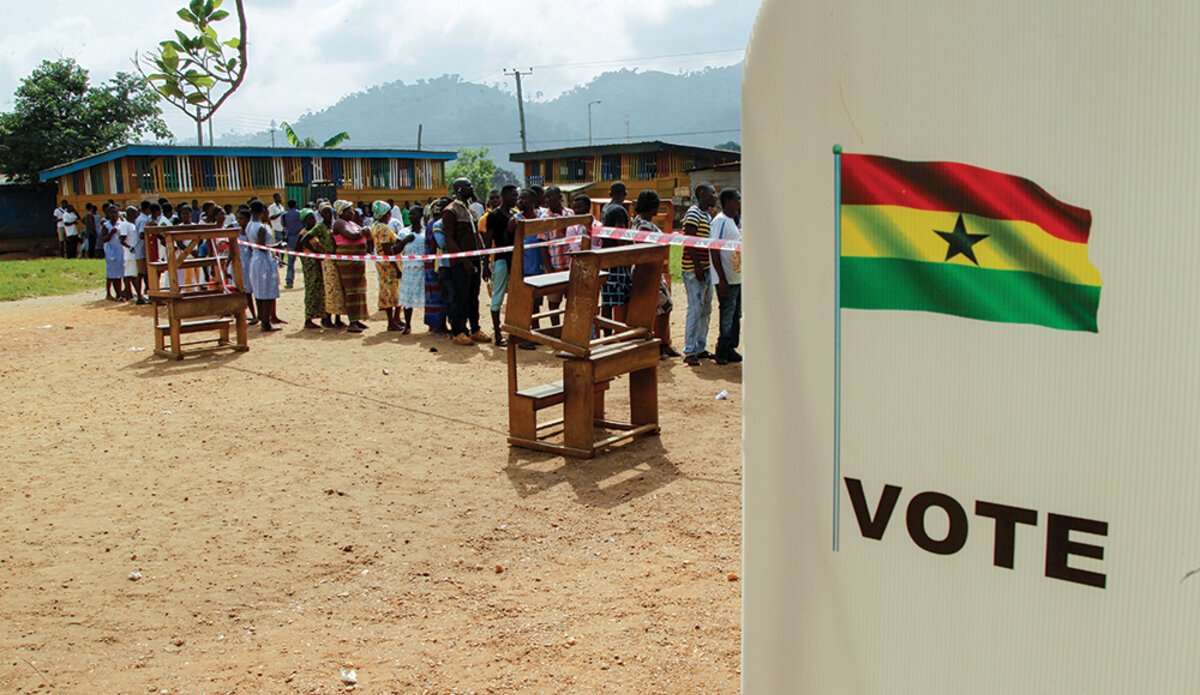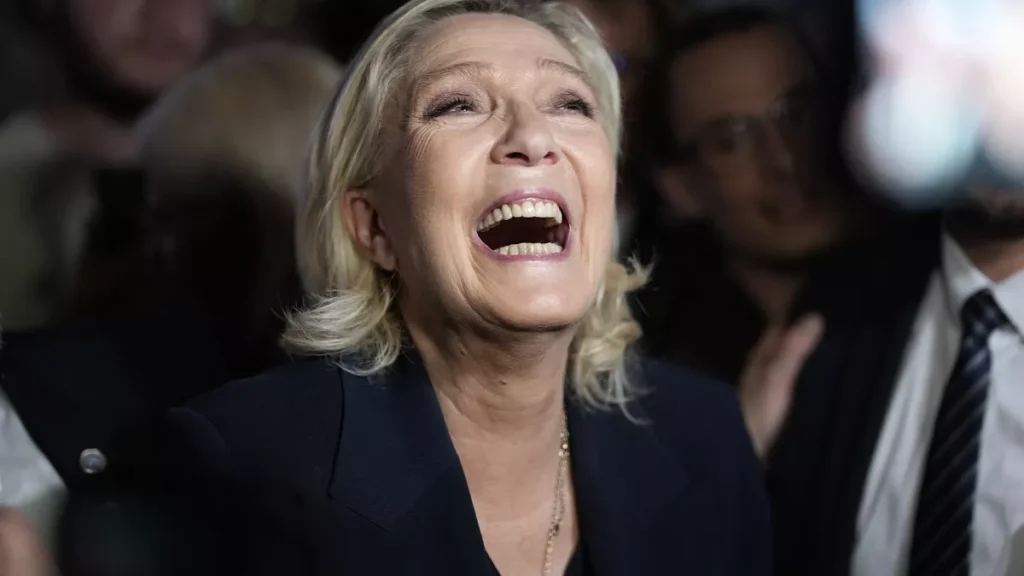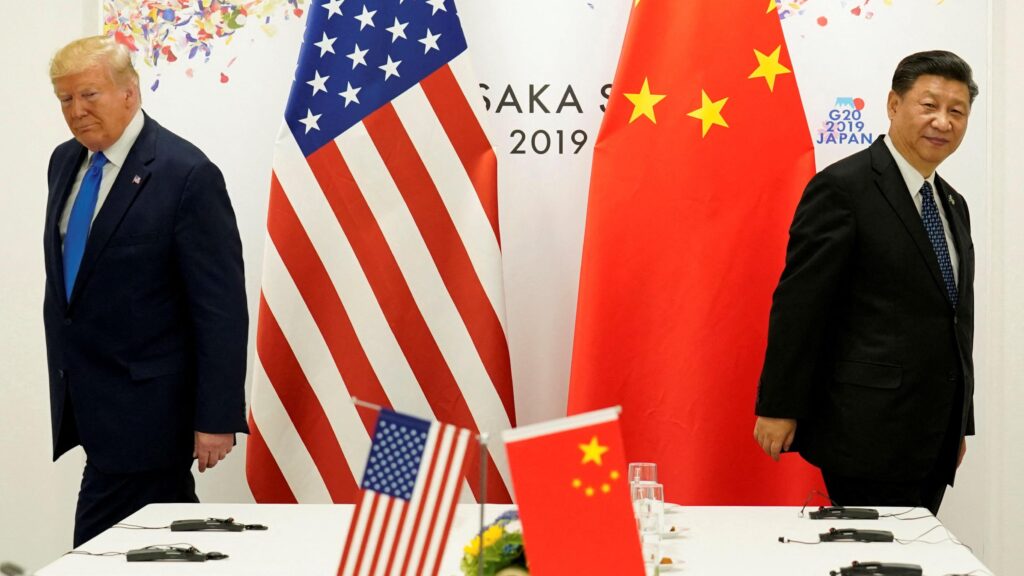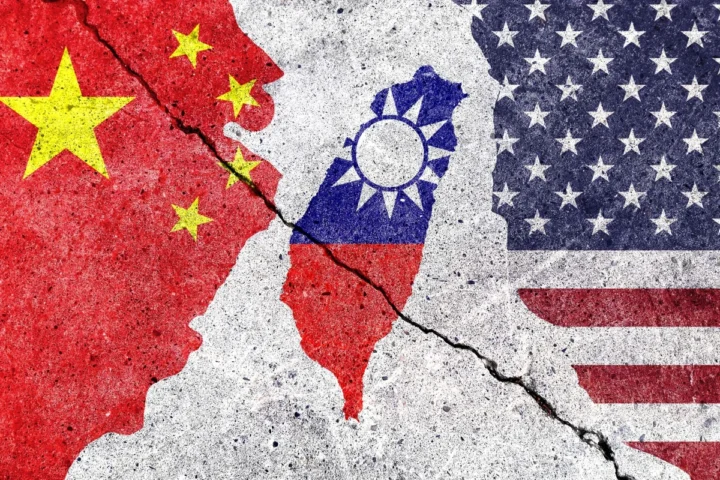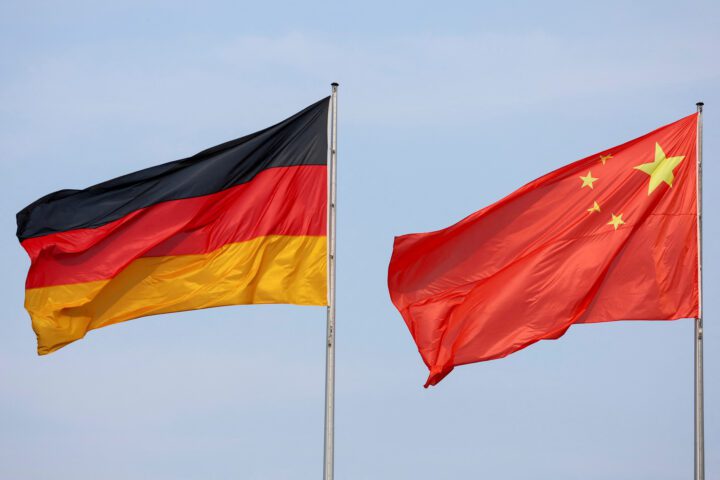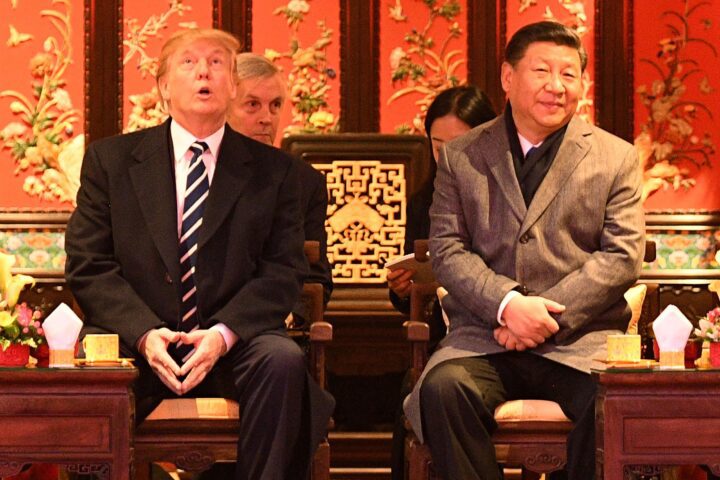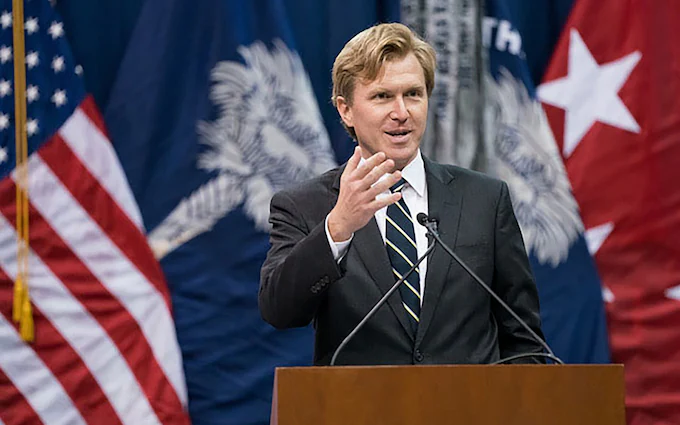As Ghanaians head to the polls this Saturday, the political landscape appears strikingly similar to the recent US elections. The electorate stands at a crossroads, faced with the decision of whether to re-elect a one-term former president or elevate the current vice president to the highest office. This all comes at a time when the country is in the grip of economic discontent, reflecting a broader global trend of widespread dissatisfaction with perceived government mishandling of economic issues.
Ghana’s election is no small event. As one of Africa’s most stable democracies, the country’s political decisions have repercussions throughout the continent. This year, the choice is between former President John Dramani Mahama, who is seeking a second non-consecutive term, and Vice President Dr. Mahamudu Bawumia, who is vying for the top job after serving under incumbent President Nana Akufo-Addo.
Mahama, leader of the National Democratic Congress (NDC), was president from 2012 to 2016. His tenure was marked by a tumultuous economy, characterized by high inflation, a weakening currency, and power outages that crippled industries. Yet, he is remembered for major infrastructural projects, including the construction of hospitals, schools, and roads. His campaign promises a return to these development projects, coupled with a more robust approach to the current economic issues.
On the other side of the ballot is Bawumia, a member of the New Patriotic Party (NPP). His tenure as vice president has been marked by efforts to digitize the economy and push for industrialization, but it has not been without controversy. Critics contend that his policies have failed to curb inflation and unemployment effectively. However, supporters laud his digital innovation drive and commitment to transforming the Ghanaian economy.
The economic climate is a key issue for voters in this election. Ghana, like many nations globally, is grappling with the economic fallout from the COVID-19 pandemic. Inflation and unemployment rates are at record highs, while the national currency, the cedi, continues to depreciate. This has led to a heightened sense of economic insecurity among Ghanaians, making the economy a central battleground in the election.
However, Ghana’s election isn’t just about the economy. Other issues like corruption, education, healthcare, and infrastructural development also feature prominently in the electoral discourse. Both candidates have pledged to tackle corruption and improve public services, but their track records and proposed policies offer contrasting visions for Ghana’s future.
As with any election, the outcome will be determined by a myriad of factors, including voter turnout, regional loyalties, and the electorate’s assessment of each candidate’s performance and promises. Despite the economic challenges, Ghana’s democratic stability is expected to ensure a peaceful and credible election.
In conclusion, Ghana’s upcoming election is a critical juncture for the nation. It offers a choice between two contrasting visions for the country’s future, with the economy at the heart of the debate. As one of Africa’s most stable democracies, the election will not only determine Ghana’s future trajectory but could also set a precedent for other African nations grappling with similar economic challenges.
